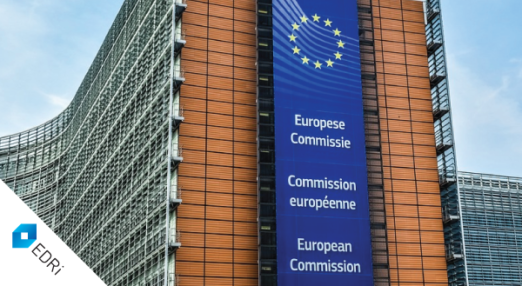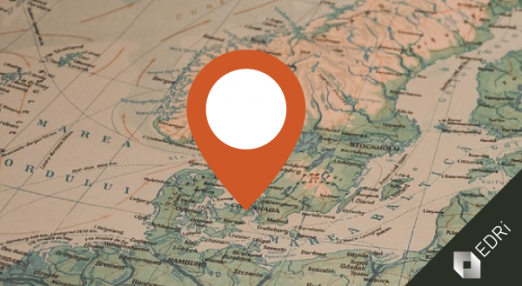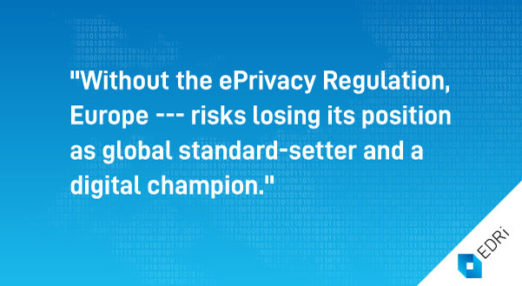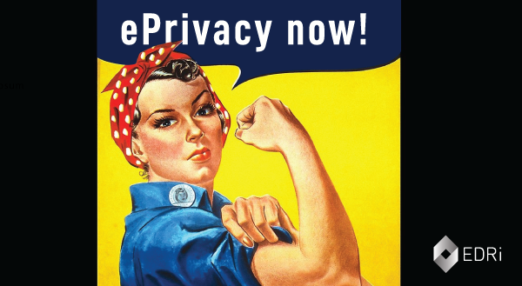Privacy
Filter by...
-

EU Commissioners candidates spoke: State of play for digital rights
On 1 November 2019, the new College of European Commissioners – comprising 27 representatives (one from each EU Member State), rather than the usual 28, thanks to Brexit – are scheduled to take their seats for the next five years, led by incoming President-elect, Ursula von der Leyen.
Read more
-

#PrivacyCamp20: Technology and Activism
The 8th annual Privacy Camp will take place in Brussels on 21 January 2020. With the focus on “Technology and Activism”, Privacy Camp 2020 will explore the significant role digital technology plays in activism, enabling people to bypass traditional power structures and fostering new forms of civil disobedience, but also enhancing the surveillance power of […]
Read more
-

Net neutrality overhaul: 5G, zero-rating, parental control, DPI
The Body of European Regulators for Electronic Communications (BEREC) is currently in the process of overhauling their guidelines on the implementation of the Regulation (EU) 2015/2120, which forms the legal basis of the EU’s net neutrality rules. At its most recent plenary, BEREC produced new draft guidelines and opened a public consultation on this draft. […]
Read more
-

Open letter to EU Member States: Deliver ePrivacy now!
On 11 October 2019, EDRi, together with four other civil society organisations, sent an open letter to EU Member States, to urge to conclude the negotiations on the ePrivacy Regulation. The letter highlights the urgent need for a strong ePrivacy Regulation in order to tackle the problems created by the commercial surveillance business models, and […]
Read more
-

Why weak encryption is everybody’s problem
Representatives of the UK Home Department, US Attorney General, US Homeland Security and Australian Home Affairs have joined forces to issue an open letter to Mark Zuckerberg. In their letter of 4 October, they urge Facebook to halt plans for end-to-end (aka strong) encryption across Facebook’s messaging platforms, unless such plans include “a means for […]
Read more
-

Right a wrong: ePrivacy now!
When the European Commission proposed to replace the outdated and improperly enforced 2002 ePrivacy Directive with a new ePrivacy Regulation in January 2017, it marked a cautiously hopeful moment for digital rights advocates across Europe. With the backdrop of the General Data Protection Regulation (GDPR), adopted in May 2018, Europe took a giant leap ahead […]
Read more
-

Why EU passenger surveillance fails its purpose
The EU Directive imposing the collection of flyers’ information (Passenger Name Record, PNR) was adopted in April 2016, the same day as the General Data Protection Regulation (GDPR). The collection of PNR data from all flights going in and out of Brussels has a strong impact on the right of privacy of individuals and it […]
Read more
-

Your family is none of their business
Today’s children have the most complex digital footprint in human history, with their data being collected by private companies and governments alike.
Read more
-

Microsoft Office 365 banned from German schools over privacy concerns
In a bombshell decision, the Data Protection Authority (DPA) of the German Land of Hesse has ruled that schools are banned from using Microsoft’s cloud office product “Office 365”. According to the decision, the platform’s standard settings expose personal information about school pupils and teachers “to possible access by US officials” and are thus incompatible […]
Read more
-

New privacy alliance to be formed in Russia, Central and Eastern Europe
Civil Society advocates from Russia, and Central and Eastern Europe have joined forces to form a new inter-regional NGO to promote privacy in countries bordering the EU.
Read more
-

Real Time Bidding: The auction for your attention
The digitalisation of marketing has introduced novel industry practices and business models. Some of these new systems have developed into crucial threats to people’s freedoms. A particularly alarming one is Real Time Bidding (RTB). When you visit a website, you often encounter content published by the website’s owner/author, and external ads. Since a certain type […]
Read more
-

Why should we vote in the EU elections?
What are your plans for the coming days? We have a suggestion: The European elections will take place – and it’s absolutely crucial to go and vote!
Read more
